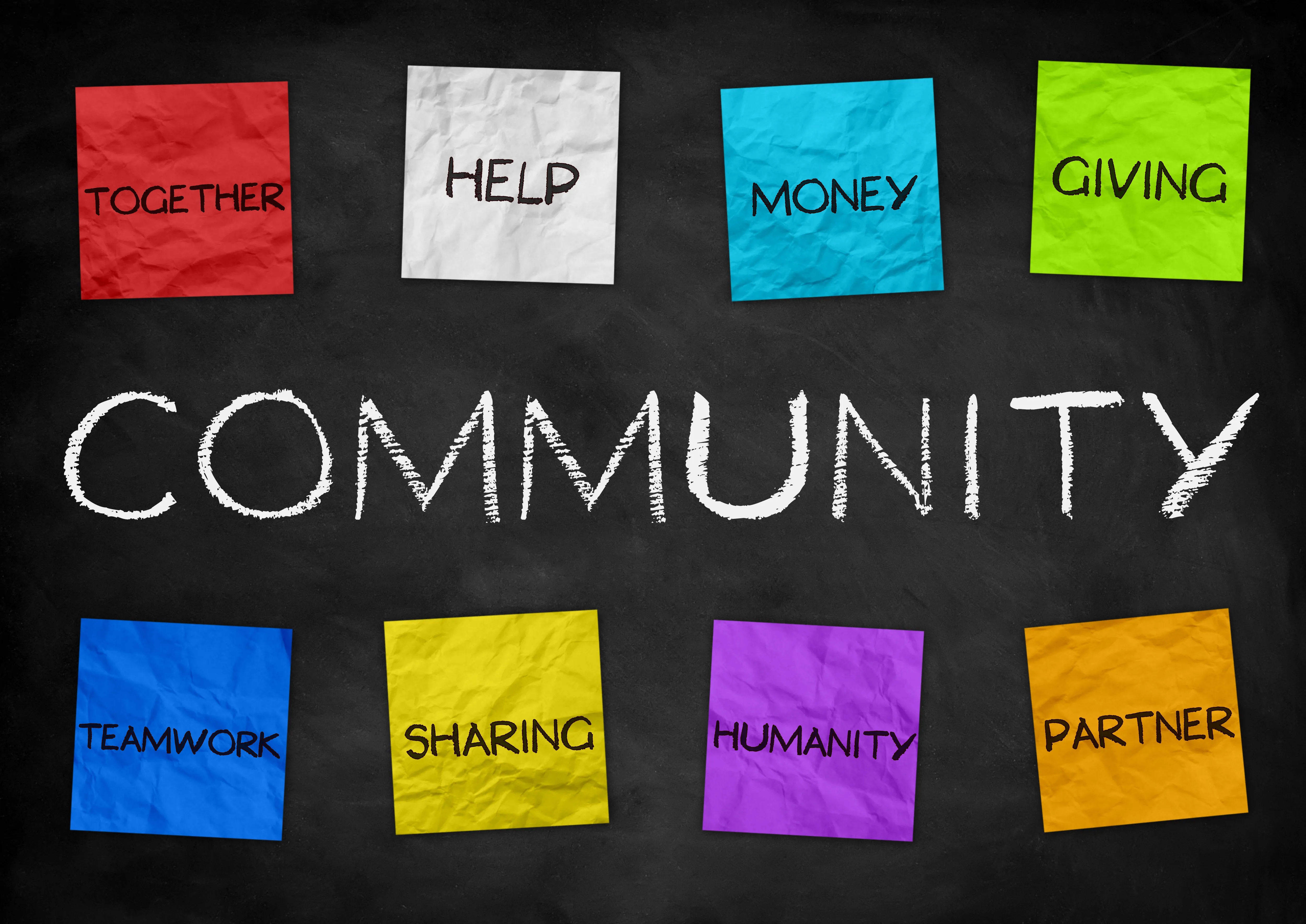
Relational bullying highlighted during Bullying Prevention Month
Click play to listen to this article.
(Maryland News Connection) October is National Bullying Prevention Month and a recent study showed teens bullied in high school tend to become pessimistic about life prospects.
The study, published in the Journal of Research on Adolescence found students who experienced relational bullying were more likely to develop depressive symptoms and over time became more pessimistic about both academics and career prospects beyond high school. Relational bullying includes things like starting rumors, being deliberately ignored and exclusion from group activities.
Hannah L. Schacter, assistant professor of psychology at Wayne State University in Detroit, said a student's perception of social inadequacy can spread into other parts of life.
"You're receiving a message from your peers that you are someone who doesn't deserve positive treatment, and that may then generalize to these other life domains," Schacter explained. "Now you expect that you're not going to be able to do well academically, or perhaps you won't be able to achieve what you wanted in terms of your work or kind of life plans."
Maryland requires county boards of education to track and report on bullying. This year's report showed there were more than 7,800 incidences of bullying reported during the 2022-23 school year, an increase of 25 percent over the year prior.
Researchers found students who experienced overt victimization such as direct verbal or physical attacks did not report lower future expectations. Earlier research showed relational victimization had negative effects on elementary students' academic performance and standardized test scores over time. Schacter argued schools need to see the effects of bullying not just as a challenging social issue but also an educational priority.
"As there's been increased recognition of how it can negatively impact teens, more and more schools have, at the very least, adopted anti bullying policies," Schacter acknowledged. "Unfortunately, it's very time intensive, and can be quite costly to implement evidence based large scale school interventions for bullying."
Maryland's State Department of Education adopted a model policy to address bullying, harassment and intimidation in 2009 and has updated it in the years since. Last year the department began offering an online introduction to bullying prevention for educators.

















